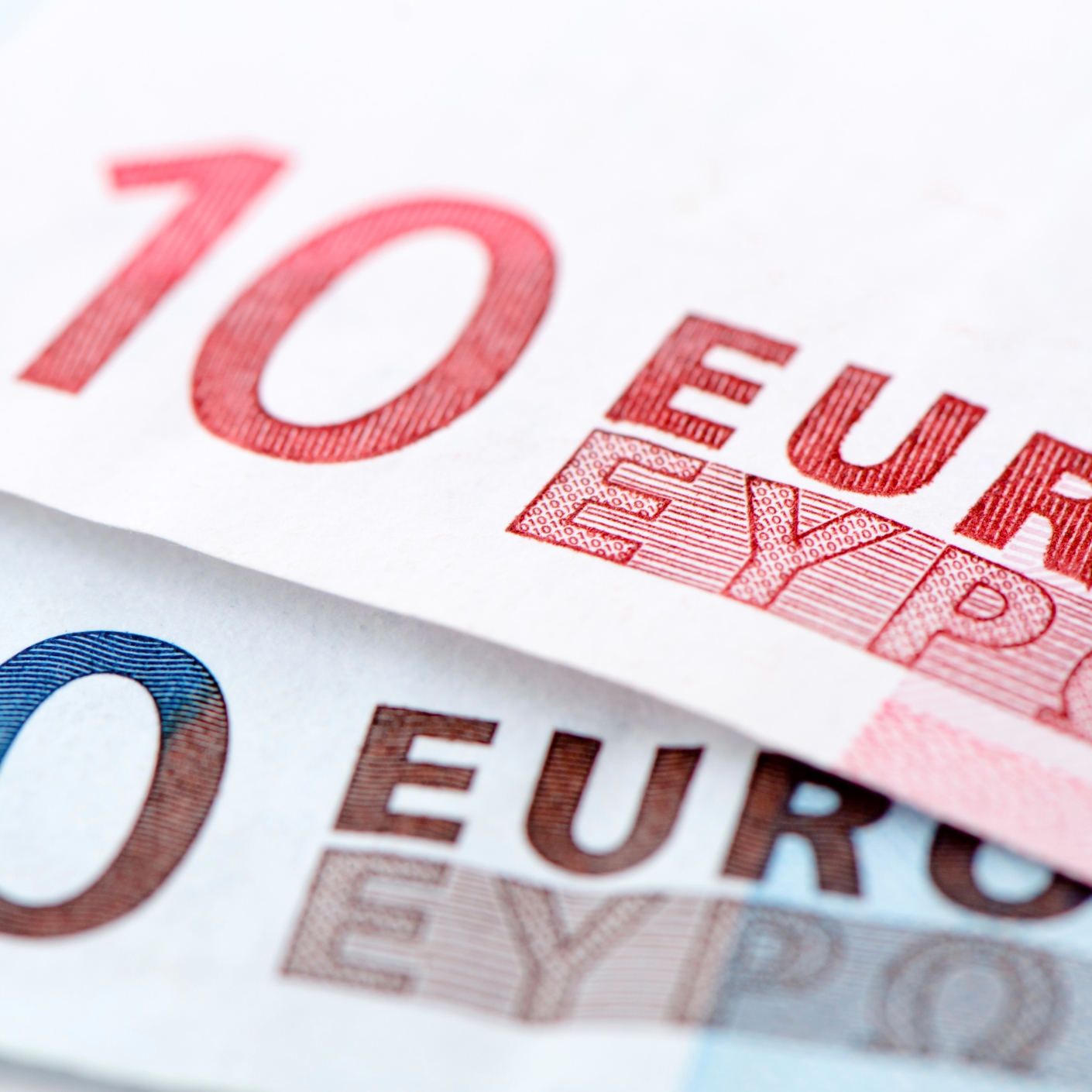Economy
Can Mario Draghi Prevent the Dollar Devaluation From Interfering With a Eurozone Recovery?

Published:
Last Updated:

The European Central Bank (ECB) voted to leave interest rates and its policies unchanged on Thursday. The lack of a move rejected the thought that the ECB would scale back its quantitative easing measures sooner than had been communicated. ECB President Mario Draghi did note that recent exchange rate moves represented a larger source of uncertainty of late.
The ECB’s Governing Council left interest rates on the main refinancing operations and the interest rates on the marginal lending facility and the deposit facility unchanged at 0.00%, 0.25% and −0.40%, respectively. The ECB also maintained that key official interest rates would remain at their present levels for an extended period. And the ECB maintained that rates will remain at the present level well beyond the horizon of the net asset purchases.
The new monthly pace of €30 billion worth of net asset purchases is intended to run until the end of September 2018, or beyond, if necessary. Draghi also said that the Eurosystem will continue to reinvest the principal payments from maturing securities purchased under the asset purchase program for an extended time after the end of its net asset purchases. The ECB did leave a caveat for even more easing if needed, as it said:
If the outlook becomes less favorable, or if financial conditions become inconsistent with further progress towards a sustained adjustment in the path of inflation, the Governing Council stands ready to increase the asset purchase program in terms of size and/or duration.
What matters at this time is that the euro is now at the $1.25 mark. The low over the past year has been just under $1.05, but this is now up from $1.20 at the end of 2017 and marks a high not seen since October of 2014.
The ECB noted that incoming economic releases and information have confirmed a robust pace of economic expansion. That pace also accelerated more than the ECB had expected during the second half of 2017.
Still, Draghi noted that domestic price pressures remain muted overall and have yet to show convincing signs of a sustained upward trend.
After Treasury Secretary Steven Mnuchin talked down the U.S. dollar this week in Davos, Draghi attributed some of the euro currency’s rapid strength in 2018 to the improved economic growth in Europe.
Draghi did not call Mnuchin out by name in the actual commentary talking down the valuation of the dollar, but he quoted that there is an agreement with which nations will refrain from competitive devaluations and not target exchange rates for competitive purposes. Still, Draghi said that several ECB members are concerned beyond simple exchange rates — they are concerned about the overall status of international relations.
Let’s take the case and impact of one nation’s currency rising almost 5% against the currency of a top trading partner in a very short period. In the case of the euro, it makes dollar-priced goods almost 5% cheaper and it makes goods priced in euro 5% higher in the United States. There are of course buffers and delays that prevent this from taking place overnight, but that is the general rule.
Europe, similar to the United States, is looking for ways to get inflation back up to 2% to foster ongoing economic growth. That gets harder to achieve when your currency moves more than 4% higher against the U.S. dollar in less than a month, and that becomes even harder to do if that rate of change were to continue in February and March.
Retirement can be daunting, but it doesn’t need to be.
Imagine having an expert in your corner to help you with your financial goals. Someone to help you determine if you’re ahead, behind, or right on track. With SmartAsset, that’s not just a dream—it’s reality. This free tool connects you with pre-screened financial advisors who work in your best interests. It’s quick, it’s easy, so take the leap today and start planning smarter!
Don’t waste another minute; get started right here and help your retirement dreams become a retirement reality.
Thank you for reading! Have some feedback for us?
Contact the 24/7 Wall St. editorial team.